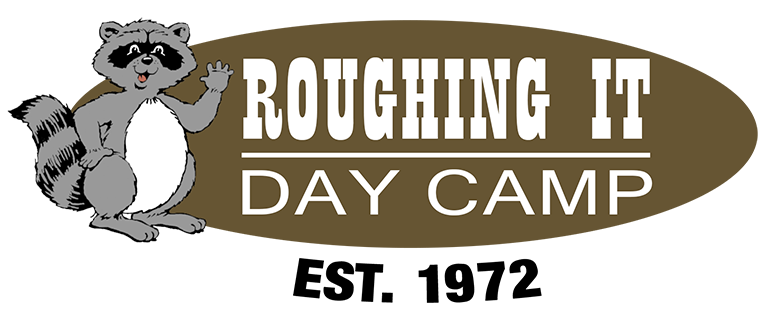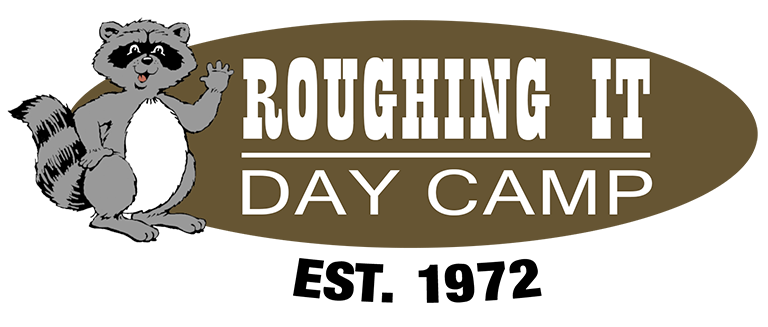
Camp counselors are usually made up of young adults who are energized, engaging, and motivating – though they carry a lot of responsibility. The great thing about camp counselors is that they are young and lie somewhere between an older sibling and a cool older friend we all wish we had as kids. All this means that counselors become a big influence on campers so it’s important that parents know who their child will be spending time with this summer.
As Michael Thompson writes in his New York Times article, “College-age students possess a completely different kind of authority than do parents, and they put it to good use getting children to set tables, make beds, keep track of their clothes, take showers, take turns and, more important, take risks and accept challenges that would melt parents into a puddle of anxious empathy.” While at camp, counselors become constant role models that kids inadvertently look up to.
A good camp counselor will model positive behaviors for their camper group, including being a good team player, a good listener, and a caring and enthusiastic leader. This has a positive effect on campers as they inevitably try to emulate them; by doing so, kids reflect the positive traits exemplified by their young leaders. Without even realizing it they slowly take on behavioral traits that are beneficial to their growth and development. At times, counselors can even be better teachers than parents as children are more willing to listen to a cool 20-year-old than the tired reprimands of their constant caregivers. Thompson further expands on the subject:
 “Children love to learn, but they get tired of being taught by adults. Children want to learn from older children, and, at a camp that means older campers, C.I.T.’s (counselors in training) and camp counselors. They want to live with them, emulate them, absorb them. In our age-segregated society, camp is the only place in America where an 11-year-old can get the sustained attention of a 19-year-old. In return for the attention of these “older children,” campers will make sacrifices. They will follow all kinds of rules and adhere to all kinds of rituals that they would likely fight at home.”
“Children love to learn, but they get tired of being taught by adults. Children want to learn from older children, and, at a camp that means older campers, C.I.T.’s (counselors in training) and camp counselors. They want to live with them, emulate them, absorb them. In our age-segregated society, camp is the only place in America where an 11-year-old can get the sustained attention of a 19-year-old. In return for the attention of these “older children,” campers will make sacrifices. They will follow all kinds of rules and adhere to all kinds of rituals that they would likely fight at home.”
In order to make sure counselors have a positive influence on campers, they need to posses the skills, qualifications, and training necessary for working with children. There are important skills and techniques developed through training and experience that are essential to working effectively with children and teens. Young adult staff members tend to bring greater life experience and maturity to their work than younger teenage staff members.

At Roughing It, recruiting standards and expectations are set very high for potential counselors. The screening process includes a detailed background check, four personal references, and significant experience working with kids along with a face-to-face interview. All counselors, new and returning, go through a week of training before the start of camp. There are high expectations set in all aspects of their behavior, from their leadership skills to their grooming and attire. Kids WILL emulate the behavior they see in their counselors; at Roughing It we want to make sure this influence is nothing but a positive one.
To read more on “Why Camp Counselors Can Out-Parent Parents,” see Michael Thompson’s full article.
For more information on our returning staff, see the Roughing It News blog.



